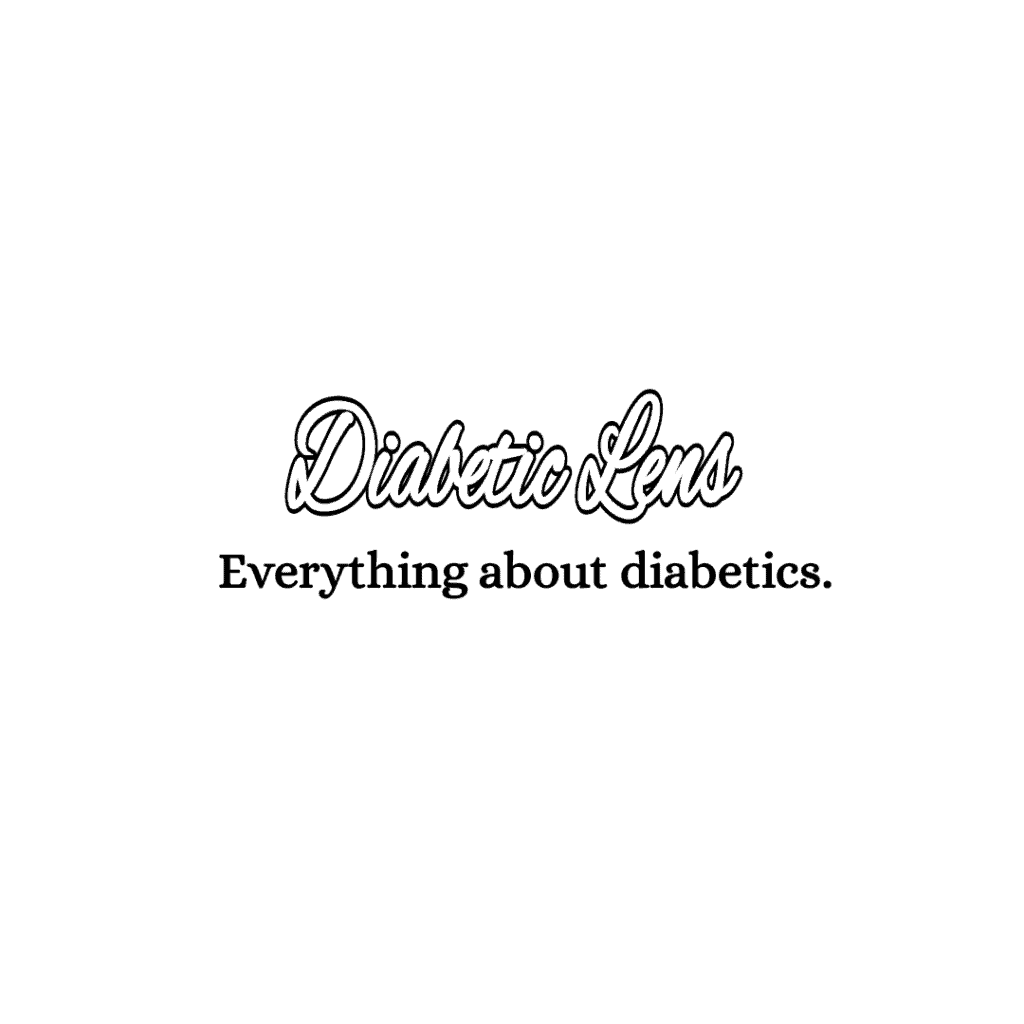Table of Contents
Is Raisin Bran Cereal Good for Diabetics?
Raisin Bran cereal is a popular breakfast choice for many, combining the crunch of bran flakes with the natural sweetness of raisins. While it may appear to be a healthy option due to its fiber content, diabetics may need to consider the sugar and carbohydrate levels before adding it to their diet.
This article explores whether Raisin Bran cereal is good for diabetics, what makes it challenging for blood sugar control, and how it can be modified or enjoyed in moderation.
Get your favorite Diabetics Cookbook here.
What Is Raisin Bran Cereal?
Raisin Bran cereal is a combination of wheat bran flakes and dried raisins, often fortified with vitamins and minerals. It’s marketed as a heart-healthy breakfast choice due to its fiber content and the potential benefits of whole grains. Popular brands include Kellogg’s Raisin Bran, Post Raisin Bran, and store-brand alternatives.
Nutritional Profile of Raisin Bran Cereal
Here’s an approximate breakdown of the nutritional content in one cup (around 59 grams) of Raisin Bran cereal:
- Calories: ~190–200
- Carbohydrates: ~46 grams
- Sugar: ~18 grams
- Fiber: ~7 grams
- Protein: ~5 grams
- Fat: ~1 gram
While the fiber content is beneficial, the high sugar and carbohydrate levels can make it challenging for diabetics to maintain stable blood sugar levels.
Is Raisin Bran Cereal Healthy?
Raisin Bran cereal has both advantages and disadvantages for overall health:
Benefits:
- Rich in Fiber: The bran flakes provide dietary fiber, which aids digestion, promotes satiety, and can help regulate blood sugar when consumed with other balanced foods.
- Vitamins and Minerals: Raisin Bran is often fortified with essential nutrients like iron, folic acid, and vitamin D.
- Natural Sweetness: The raisins add sweetness without the need for artificial additives.
Drawbacks:
- High in Sugar: Even though raisins are a natural source of sugar, they contribute significantly to the cereal’s overall sugar content. Many brands also add extra sugar to enhance the flavor.
- Refined Carbohydrates: While the flakes contain bran, they often include refined grains, which can cause quick spikes in blood sugar.
- Calorie-Dense: A typical serving is calorie-dense, especially if paired with milk or other toppings, which can add to the total carbohydrate load.
Is Raisin Bran Cereal Good for Diabetics?
Raisin Bran cereal is not inherently ideal for diabetics due to its high sugar and carbohydrate content. However, it can be consumed in moderation as part of a balanced meal plan. The key is portion control and pairing it with foods that slow down carbohydrate absorption.
For instance, combining a small serving of Raisin Bran cereal with unsweetened almond milk or Greek yogurt can add protein and healthy fats to balance the meal. Adding a handful of nuts or seeds, such as almonds or chia seeds, can further enhance satiety and stabilize blood sugar levels.
How to Make Raisin Bran Cereal More Diabetes-Friendly
- Watch Portion Sizes: Stick to half a cup or less to manage the carbohydrate load.
- Choose Unsweetened Milk Alternatives: Opt for unsweetened almond, soy, or coconut milk instead of regular milk to reduce sugar content.
- Add Protein and Healthy Fats: Pair with a boiled egg, Greek yogurt, or a handful of nuts to slow down digestion and reduce blood sugar spikes.
- Read Labels Carefully: Look for lower-sugar alternatives or brands that use whole grains without added sugars.
- DIY Version: Make your own version of Raisin Bran by mixing unsweetened bran flakes with a small portion of raisins to control the sugar content.
Final Thoughts
Raisin Bran cereal can be a part of a diabetic-friendly diet when consumed mindfully and in small portions. While its fiber content and nutrient profile offer some health benefits, the high sugar and carbohydrate levels make it less than ideal for regular consumption. Pairing Raisin Bran with protein, healthy fats, and unsweetened milk alternatives can help mitigate blood sugar spikes, allowing diabetics to enjoy this popular breakfast cereal occasionally. Always consult your healthcare provider or dietitian to determine how Raisin Bran fits into your individual meal plan.
